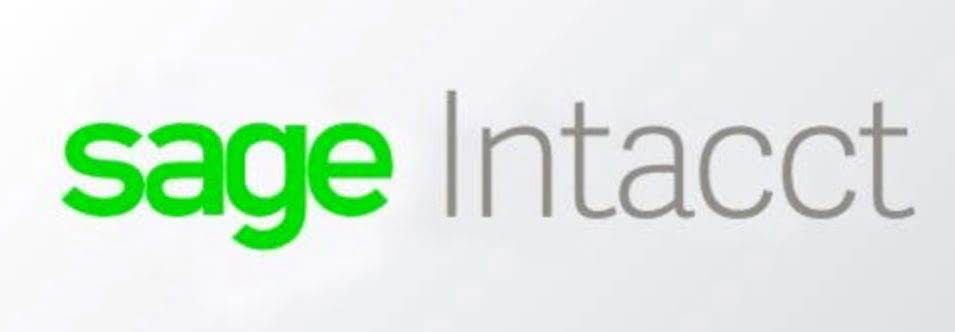
The IRS does not have specific educational prerequisites in place, so EAs may not have a college degree or formal secondary education. However, candidates are expected to show a https://www.bookstime.com/ strong and comprehensive understanding of tax concepts, laws and regulations. Prometric gives you 15 minutes to schedule your exam before you have to start the process over.
What Does the Special Enrollment Exam Cover?
In addition to looking at criminal history, such as the presence of felony convictions, the IRS also considers your tax compliance history when reviewing your candidacy. After you complete the EA exam scheduling process, check your email to make sure you receive your appointment confirmation, which contains other useful information about your exam. If you notice any issues, reach out to Prometric as soon as possible to correct your appointment information. As part of the evaluation of your enrollment application, the IRS will conduct a suitability check that will include a review of your personal tax compliance and criminal background. You must apply for enrollment within one year of the date you passed the third examination part. Candidates who pass a part of the examination can carry over passing scores up to three years from the date the candidate passed the examination.
- Once you sit down with a calendar and cross out all of the days you aren’t able to study, you’ll find yourself with less time to study than you expected.
- You will have to create an account, provide some personal information, and then pay a $50 fee.
- To truly commit the time, money, and effort the EA licensing process requires, you must really understand and value the tangible benefits of becoming an enrolled agent affords your career.
- Nevertheless, in order to maintain your enrolled agent status, you can’t forget about the continuing education (EA CE) requirements.
- Founded in 1972, this community of tax practitioners serves more than 10,000 professionals.
How Do You Register for the EA License Exam?
We also cover how to become an enrolled agent and prepare for the EA exam. Now that you know when you are taking your exam, you can begin to prepare. Since the EA Exam is broken up into three parts, you have to focus on one section of tax knowledge at a time. You are going to need to develop a study plan with a review course that works with your learning style.
Forms & Instructions

You will need to submit extra information about your education, training, licenses, and work experience. The enrolled agent (EA) designation is a distinctive title that enhances the careers of accountants and professionals how to become an ea intending to specialize in tax. If you are interested in the EA, this 11-step guide about how to become an enrolled agent will lead you through each important decision and action on the way to the designation.
EA applicants must either pass a three-part SEE or have five years of IRS experience in a tax-related field. In addition, these former employees must have routinely applied and interpreted the requirements of the IRC and the regulations about income, estate, gift, employment, or excise taxes. The IRS recognizes EAs as a trusted channel for communication and representation. They have the right to represent taxpayers before all administrative levels of the IRS, including audits and appeals. Enrolled Agents must complete 72 hours of continued education every three years.
Enrolled agents: Frequently asked questions

But you will gain experience and knowledge that you can use to help future clients. Candidates will discover that job avenues open up with the certification and that the opportunities for tax preparers grow more varied with Enrolled Agent status. Candidates seeking enrollment must complete a suitability assessment, background check, and tax compliance assessment. Once you have collected your information, you can create an account on the IRS website.
Steps to becoming an Enrolled Agent (EA)
All references on the examination are to the Internal Revenue Code, forms and publications, as amended through Dec. 31, 2023. Also, unless otherwise stated, all questions relate to the calendar year 2023. Questions that contain the term «current year» refer to calendar year 2023. In answering questions, candidates should not take into account any legislation or court decisions in effect after Dec. 31, 2023. EAs who also hold CPA licensure and wish to investigate financial crimes might consider becoming certified in financial forensics (CFF). The American Institute for Certified Public Accountants offers CFF certification to CPAs.
Each exam has 100 multiple-choice questions and lasts for 3.5 hours. I suggest that you start studying before you schedule your first exam date. I say this because you can only know when you will be ready to take the EA exam after seeing how familiar you are with the exam content.
- It’s also a good idea to review the Candidate Information Bulletin.
- They must file accurate returns, make tax payments on time, and respond promptly to the IRS when assessed.
- Your first and last name must exactly match the first and last name you used to schedule the examination.
- In the 1880s, there were inadequate attorney standards, and Ccertified public accountants (CPAs) were not in existence.
- Department of the Treasury to represent taxpayers before the Internal Revenue Service (IRS).
- Based on their renewal cycle, each agent must complete 72 hours of continuing education, with a minimum of 16 hours each year.
- EAs can represent you for audit in any state in the US, in addition to being able to submit returns in many states.
- Learn more about enrolled agents in Treasury Department Circular 230 PDF.
- EA prepared civil war claims, and residents were represented in interactions with the Treasury Department.
- In answering questions, candidates should not take into account any legislation or court decisions in effect after Dec. 31, 2023.
- Depending on how much tax preparation experience you have, the amount of time you spend studying with your preparation course will vary.
